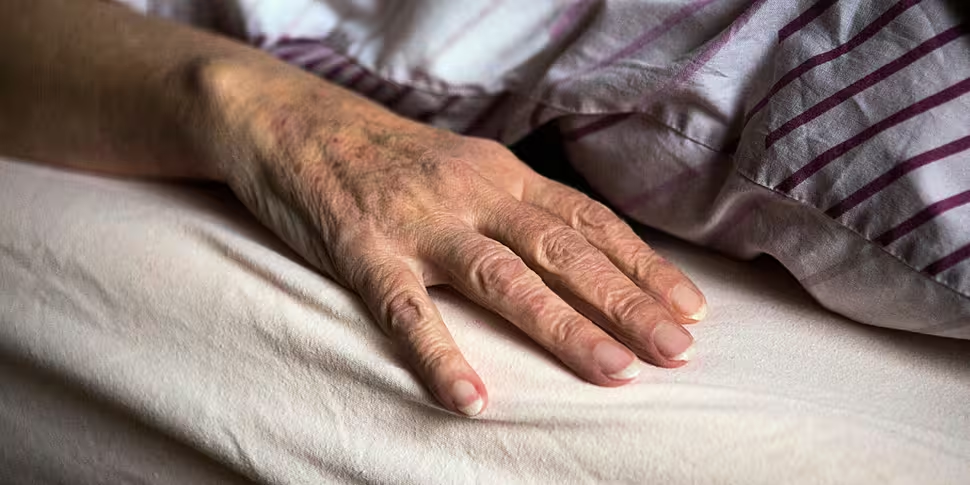Politicians undecided about legislation for assisted dying should note “no politician loses votes doing the right thing”.
That’s according to End of Life Ireland Chairperson Janie Lazar following reports the Oireachtas Committee of Assisted Dying is set to recommend new legislation this Wednesday.
She told The Anton Savage Show it is “time to legislate here” and allow people to seek assisted dying if they have a terminal illness.
“We know that when things are needed and wanted and where there is political will, they can happen,” she said.
“No politician ever loses votes from doing the right thing.”
She said End of Life Ireland wants “everyone to be protected and everyone to feel safe”.
“The safeguards are there and proven to work,” she said.
While it’s difficult to say how many people would seek assisted dying “since the figures aren’t readily available”, Ms Lazar “want to have the choice”, especially those with neurological degenerative conditions.
“Only that person can determine when they have had enough,” she said. “If the legislation exists, people will have control over the one aspect of their life.”
Esther Rantzen
One family currently struggling with assisted dying legislation is the family of UK broadcaster Esther Rantzen, who was recently diagnosed with stage four lung cancer.
Ms Rantzen has said she has joined the Dignitas assisted dying clinic in Switzerland but is worried about the legal implications for her family if they go with her.
Ms Rantzen’s daughter Rebecca Wilcox told the show the laws around assisted dying in the UK are “murky”.
“If you come back having accompanied your loved one to Dignitas, you face prosecuting,” she said.
“The rates are low for people being prosecuted but you still have two years of investigation which is a painful process at a ridiculously painful time and it’s expensive in terms of legal fees.”
Seeking assisted dying
Ms Wilcox also noted as deputy President of Childline, her career, and the career of her brother who is a doctor, could be at risk if she is subject to investigation.
“None of our jobs would allow us to be arrested for helping our mother,” she said.
Ms Lazar noted the experience of Ms Wilcox and her family to many others in Ireland.
Listen back here:









